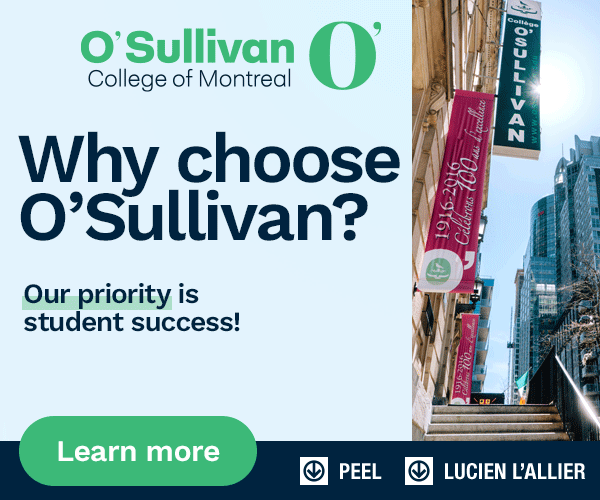Three York University scholars - Jonathan David, Philip Henderson and Karolina Krzys - are among this year's recipients of the prestigious Banting Postdoctoral Fellowship for work investigating video game addiction, dysfunctional eye contact and labour studies focused on decolonization and Indigenous land defence.
The Banting Postdoctoral Fellowships program, awarded by the Government of Canada, provides funding to innovative postdoctoral applicants, both nationally and internationally, who will positively contribute to the country's economic, social and research-based growth.
The successful applicants were reviewed against three equally weighted selection criteria: research excellence and leadership in the research domain; quality of the proposed research program; and institutional commitment and demonstrated synergy between the applicant and institutional strategic priorities.
York University's three Banting Postdoctoral Fellows for 2024-25 and their associated projects are:
Jonathan David, Department of Psychology, Faculty of Health
David's project titled, "You win some you lose some: Investigating the addictive nature of microtransactions within video games," seeks to understand how microtransactions - in-game rewards purchasable with real money - affect the almost two million Canadians who may experience an addiction to video games.
Previous research has found that these microtransactions are not a problem for most gamers and that gaming can help people regulate their emotions, notes David. "However," he adds, "a significant proportion of people do experience video gaming addiction - recognized as gaming disorder - which is when video games start to take over a person's life, resulting in lower educational achievement, missed employment opportunities and feeling disconnected from family and friends."
David plans to examine how microtransactions and loot boxes (virtual rewards) could be making video games even more harmful for those vulnerable to video gaming addiction. "My hope is that this research could lead to solutions to protect player well-being, so vulnerable individuals can thrive in the real world as much or even more than they would in the video gaming world," he says.
Philip Henderson, Global Labour Research Centre
Henderson earned the fellowship for his project, " We Only Want the Earth': Relations between Labour and Indigenous Land Defenders."
Henderson's research came about out of a desire to understand the challenges and possibilities of anti-colonial work in a moment where official reconciliation talks occur, but change does not always follow.
"I was drawn to thinking about and researching how workplace organizing - in the form of unions and other worker-led institutions - is a central aspect of pursuing meaningful decolonization strategies, when I saw examples of workers refusing to cross blockades set up in solidarity with Wet'suwet'en land/water defenders in the winter of 2020," Henderson says.
The resulting research project involves and engages Indigenous communities in the course of its primary goal of understanding how labour unions and their activist members come to act in ways that either support or conflict with the aims of Indigenous land and water defenders.
Karolina Krzys, Department of Biology, Faculty of Science
Krzys, who is finishing up her PhD, was recognized for her project, "Functional significance of true eye contact in face-to-face communication and impacts of distorted eye contact in video conferencing," which examines the effects of dysfunctional eye contact on cognitive, affective and social processes.
"By studying the neurophysiological mechanisms underlying eye contact and its role in regulating psychological functions and behaviour, my work will shed light on how spurious eye contact cues contribute to problems such as social isolation and diminished interpersonal trust," she says.
Krzys hopes the findings could lead to innovations in remote education, telehealth and workplace collaboration by enhancing social connection, boosting team effectiveness and fostering stronger interpersonal bonds, while also deepening understanding of how people think and interact socially.
As the three scholars prepare to embark on their research, they share a common goal to use their work to create lasting, positive change embodying the spirit of the Banting Postdoctoral Fellowship to pursue research that contributes to academic knowledge and has the potential to positively impact society.
For more information about the fellowship visit the Banting Postdoctoral Fellowship competition web page.
This story was originally featured in YFile, York University's community newsletter












